Climate change is a global issue, and shipping - which underpins over 80% of world trade - must do its part to reduce emissions. The industry and its customers demand new solutions to achieve green shipping faster.
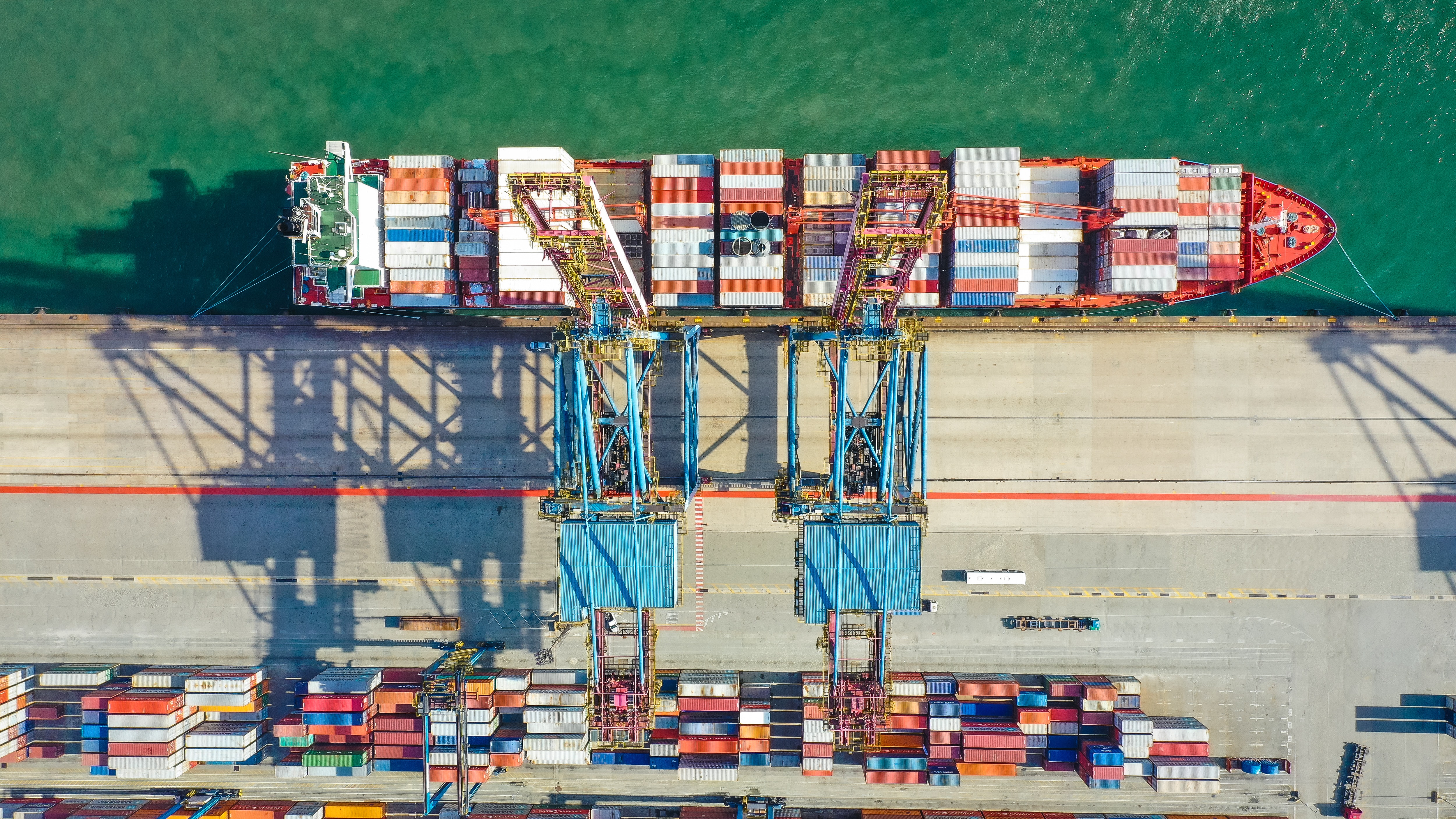
Areas we are looking to explore with startups:
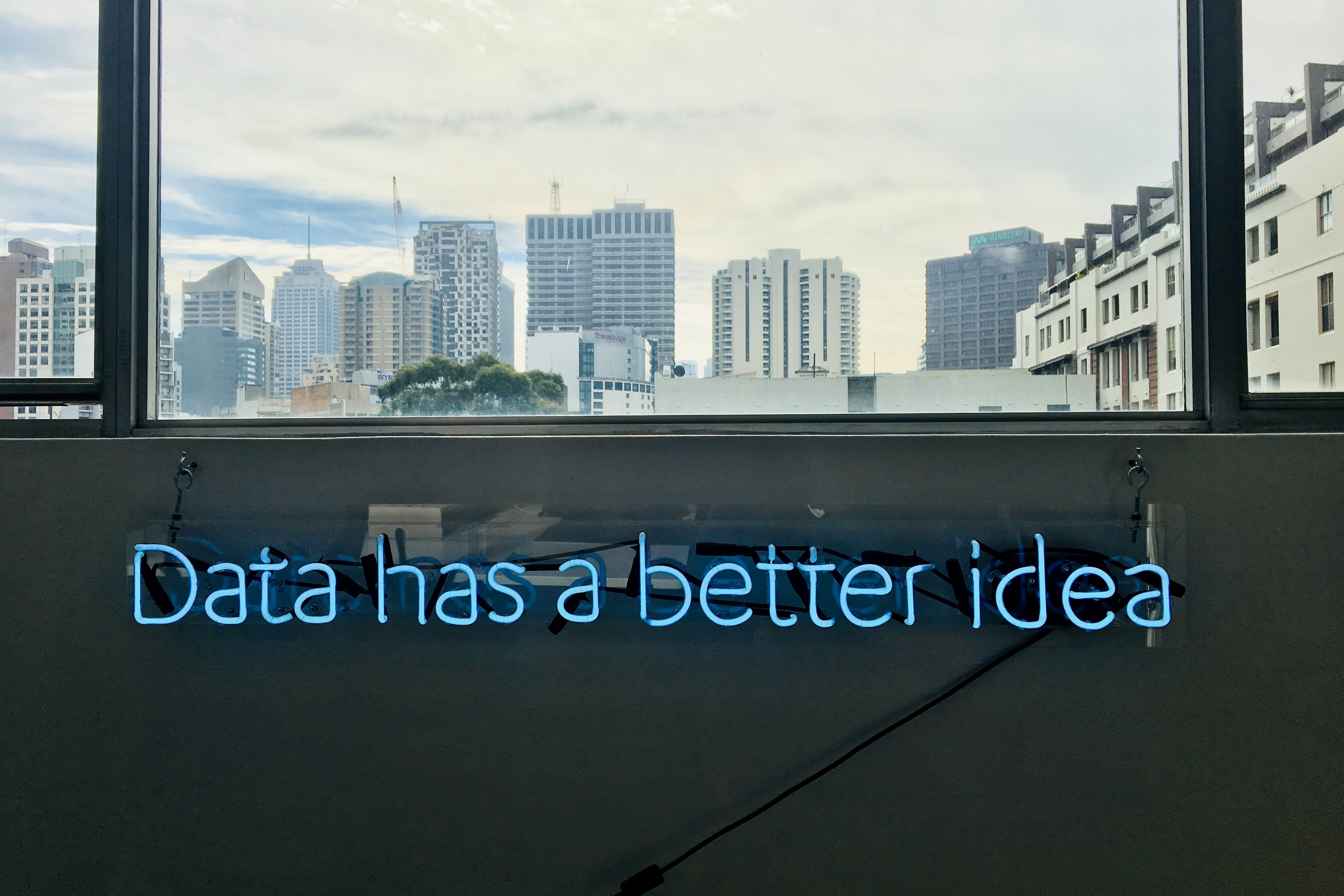

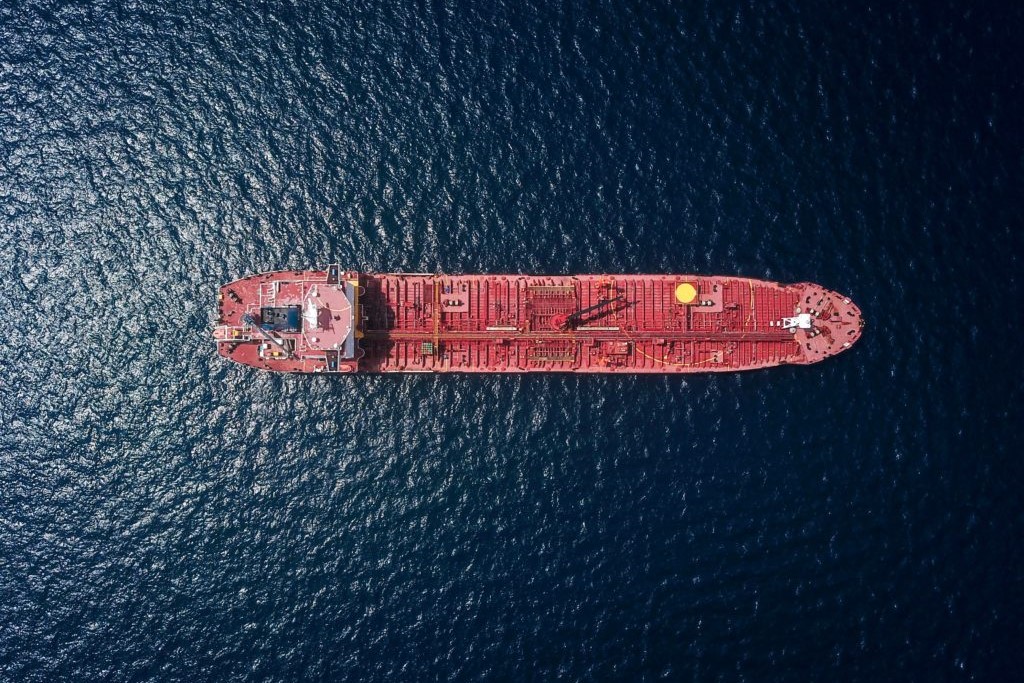
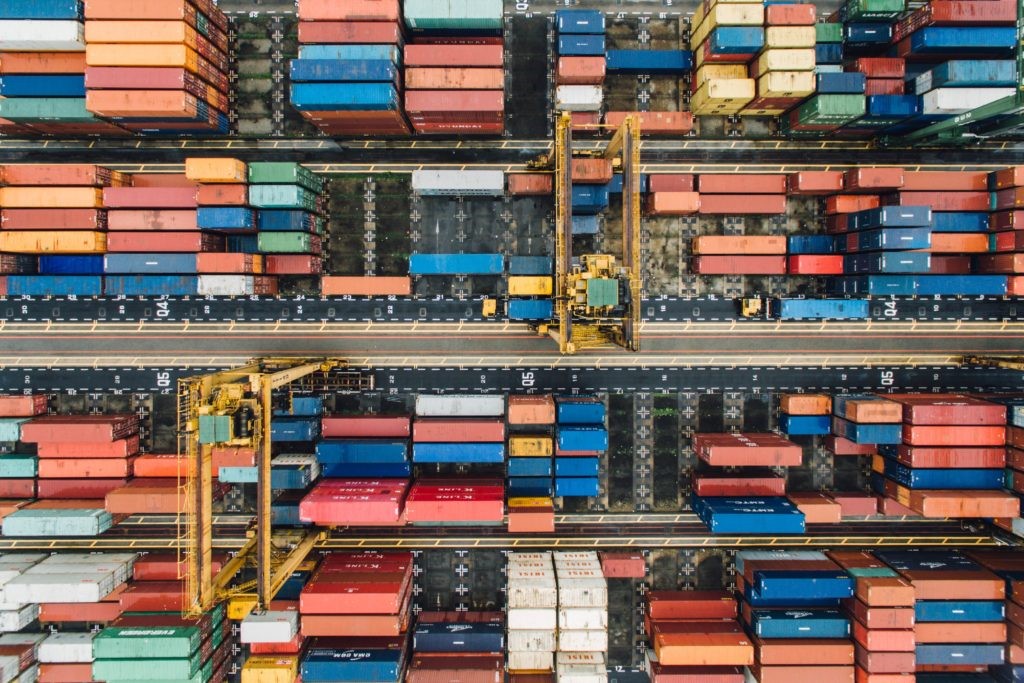
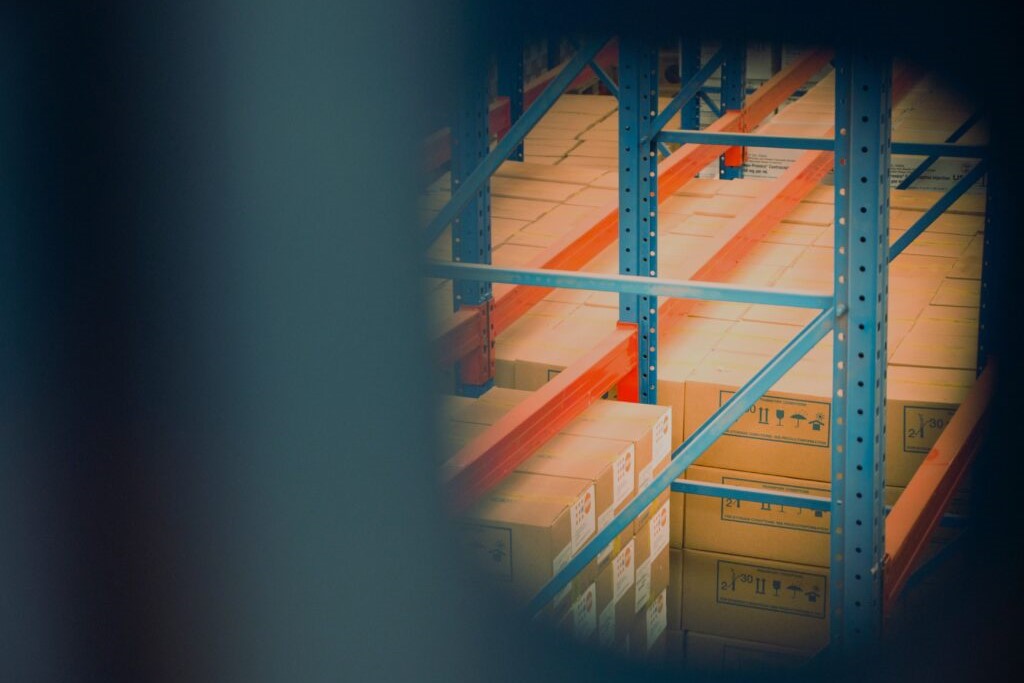
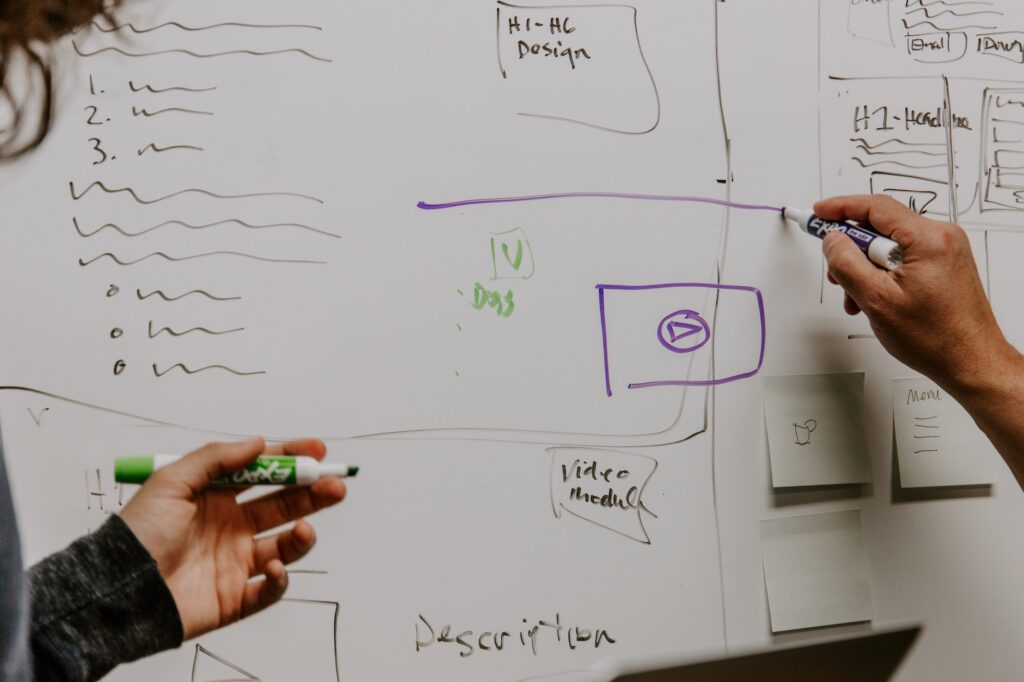
Contact us at
info@rainmaking.io